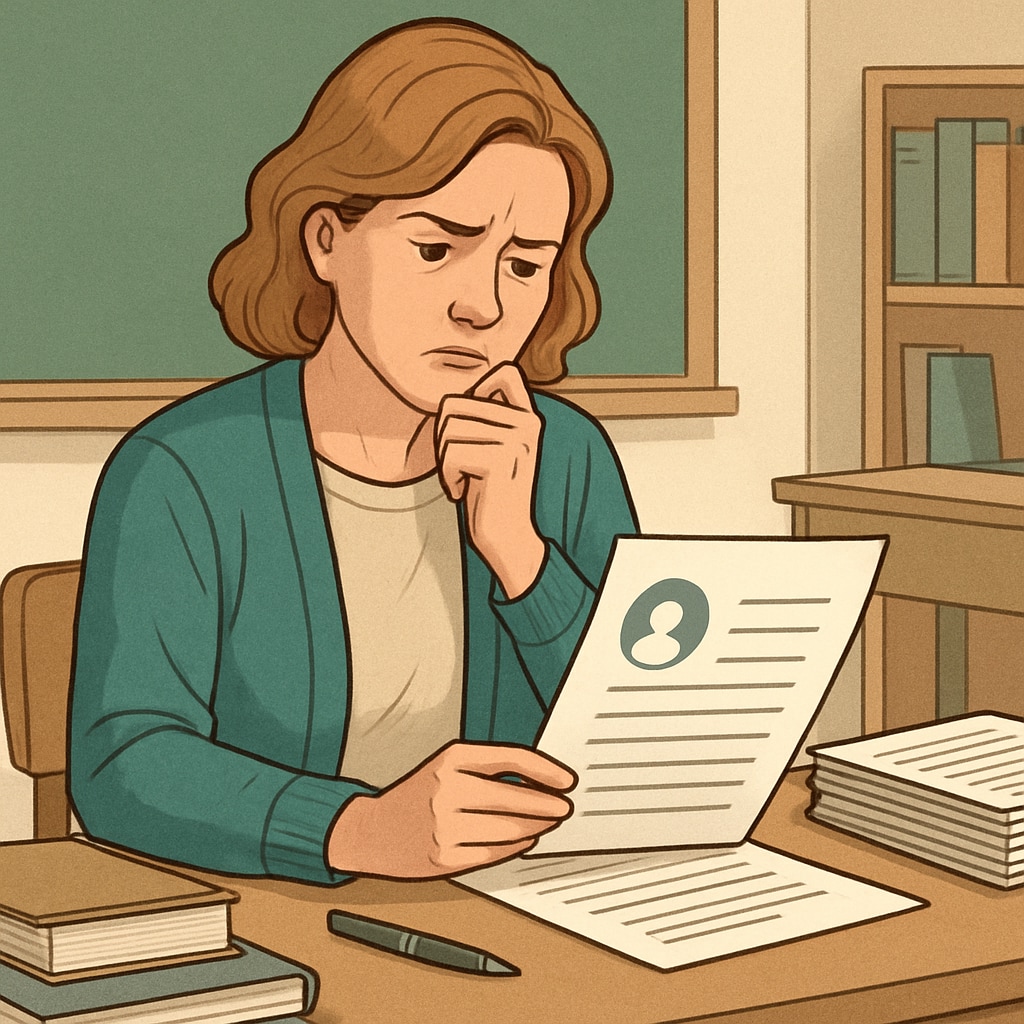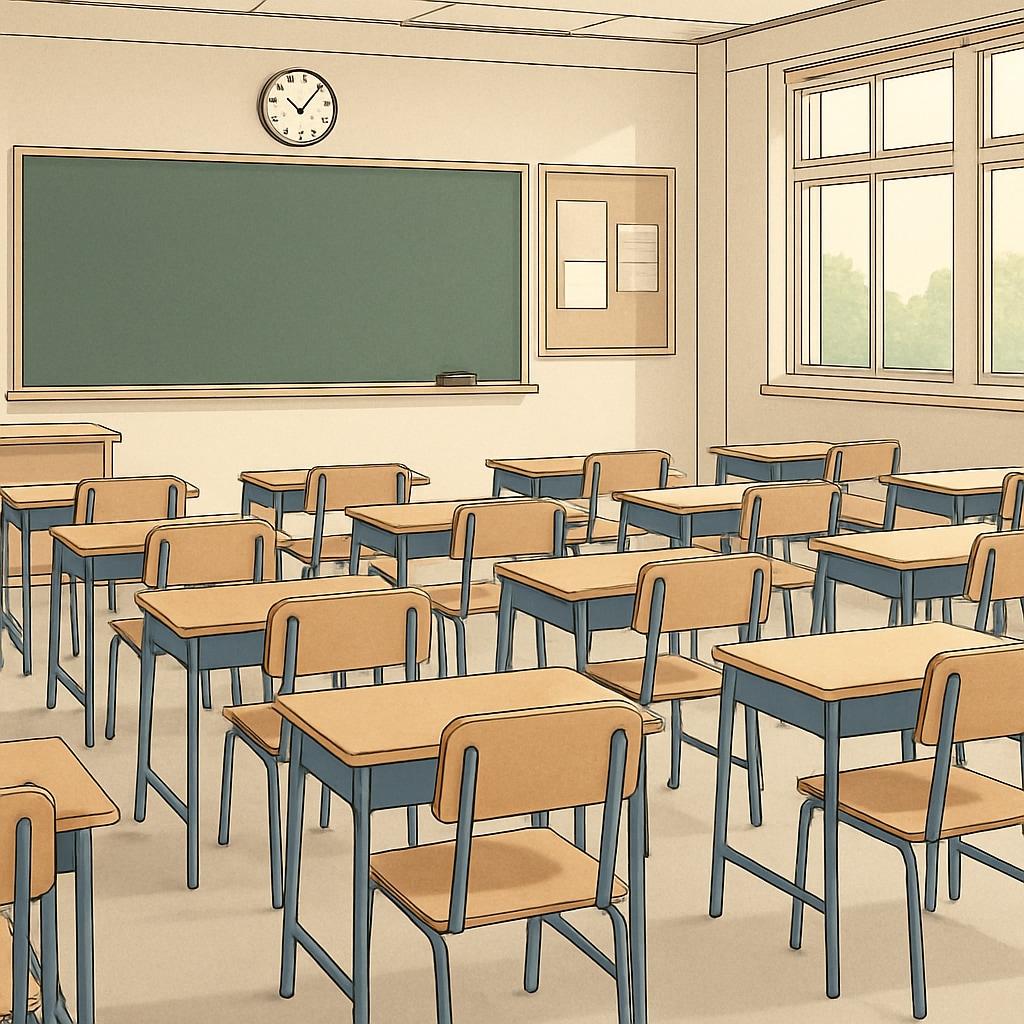The recent decision by Oklahoma to introduce political inclination testing as part of its teacher application process has ignited significant debate. By requiring out-of-state educators to undergo screenings for ideological leanings, the state has set the stage for a broader discussion on the role of political beliefs in education. This move raises critical questions about maintaining education neutrality, fostering diverse perspectives, and its long-term impact on the teaching profession.

The Intersection of Teacher Applications and Political Ideology
Oklahoma’s decision to implement political inclination testing for out-of-state teacher applicants has been met with both support and criticism. Proponents argue that such measures are necessary to ensure that teachers align with the state’s educational values. Critics, however, see this as an overreach, potentially filtering out qualified educators based solely on their personal beliefs.
Education, ideally, operates as a neutral platform for fostering critical thinking and diverse perspectives. Introducing ideological tests into hiring processes risks narrowing the scope of thought within classrooms. This not only impacts the educators but also the students, who might be deprived of exposure to diverse viewpoints.
Historically, education systems worldwide have strived to maintain a balance between aligning with societal values and encouraging open dialogue. However, initiatives like this raise questions about where the line between alignment and indoctrination is drawn.

Implications for Educational Neutrality and Diversity
Introducing political screening into teacher applications could have far-reaching implications. One significant concern is the potential violation of educational neutrality. Schools are expected to be spaces where students are exposed to a variety of ideas, allowing them to form their own opinions. However, if teachers are selected based on their political leanings, there is a risk of creating echo chambers rather than fostering genuine discourse.
Another critical issue is the potential deterrent effect on out-of-state applicants. Teachers seeking to relocate to Oklahoma might reconsider if their personal beliefs become a criterion for employment. This could exacerbate existing teacher shortages, especially in areas already struggling to attract qualified educators.
- Educational Neutrality: The need to ensure that classrooms remain spaces for unbiased learning and discussion.
- Teacher Shortages: The risk of discouraging qualified professionals due to perceived ideological barriers.
- Diversity of Thought: The importance of exposing students to a range of perspectives to prepare them for a pluralistic society.
For example, a similar controversy arose in the mid-20th century during the McCarthy era, when educators were scrutinized for alleged communist affiliations. While the political climate today is different, the underlying concerns about freedom of thought and the role of personal beliefs in professional spaces remain relevant.
The Broader Impact on Education Policy
The decision by Oklahoma is not occurring in isolation. Across the United States, education is increasingly becoming a battleground for political ideologies. From debates over curriculum content to policies on book bans, the intersection of politics and education is becoming more pronounced.
Oklahoma’s policy could set a precedent for other states. If political screening becomes a norm, there could be a ripple effect, influencing how education policies are shaped nationwide. On the other hand, public backlash against such initiatives might push states to reconsider the role of politics in education.
To navigate this complex landscape, policymakers must engage with educators, parents, and students to ensure that decisions are inclusive and considerate of diverse viewpoints. Transparency in decision-making processes and clear communication about the goals of such policies will be crucial in building trust and ensuring their effectiveness.
Conclusion: A Call for Balance
Oklahoma’s introduction of political screening for teacher applications highlights the growing tension between maintaining educational neutrality and aligning with societal values. While the intention might be to uphold specific standards, the potential risks to diversity of thought and teacher recruitment cannot be ignored. As education continues to evolve, finding a balance between these competing priorities will be essential.
Ultimately, the goal of education should be to prepare students for a complex, interconnected world. This requires not just qualified teachers but also an environment that values open dialogue and critical thinking. Policies that prioritize inclusivity and respect for diverse perspectives will be key to achieving this vision.
As the debate unfolds, one thing remains clear: the intersection of education and politics is a space that demands careful navigation, with the stakes being nothing less than the future of the next generation.
Readability guidance: This article uses concise paragraphs, active language, and clear transitions to enhance readability. Lists are included to summarize key points, and long sentences are kept to a minimum for clarity.


